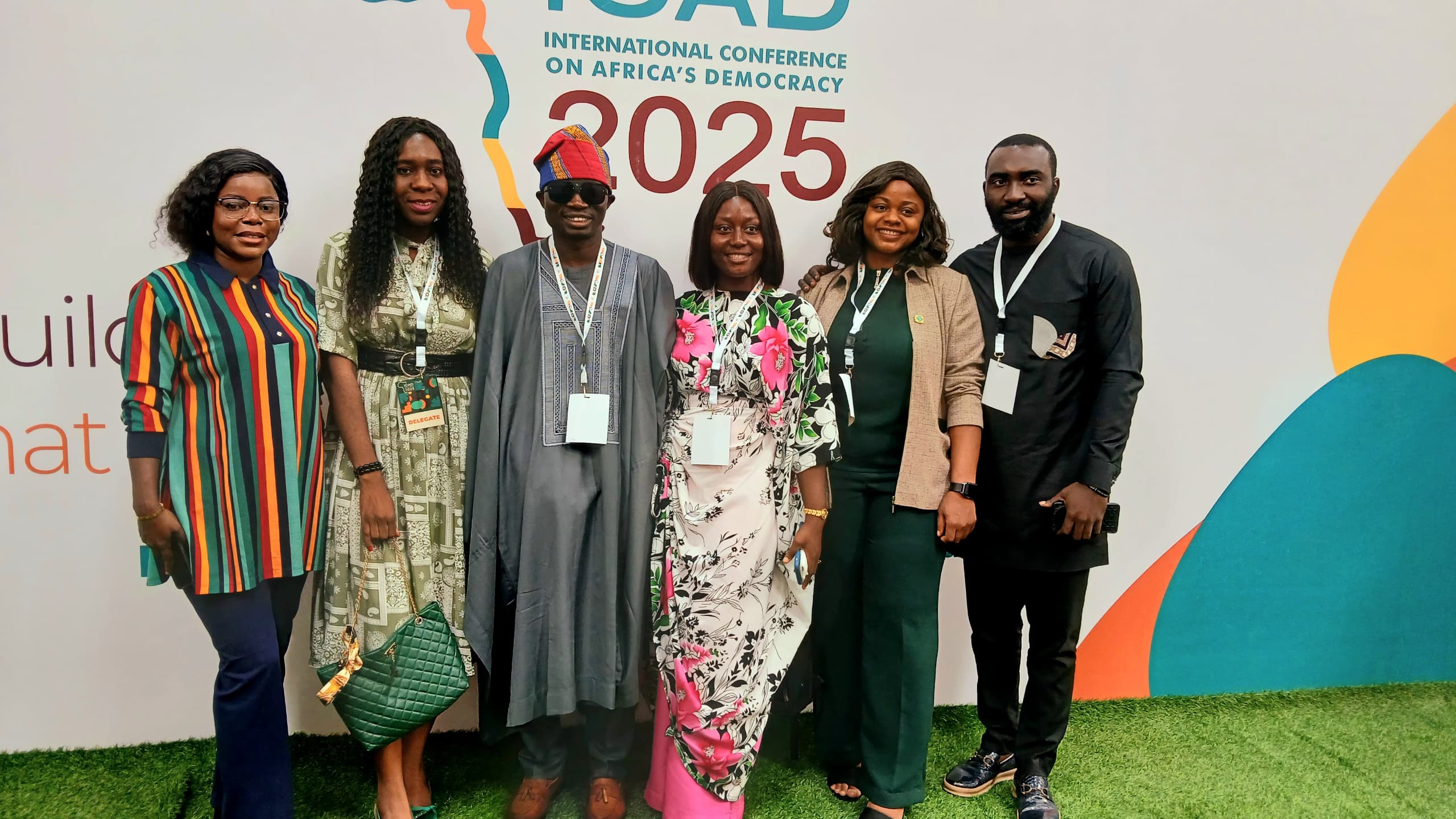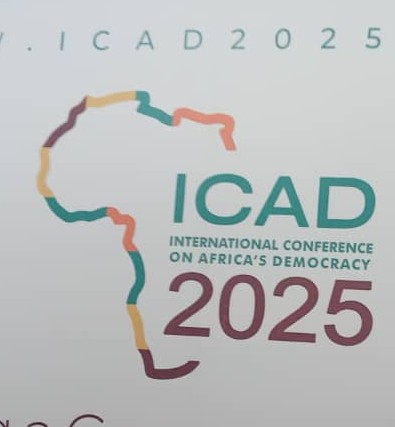Maureen Okpe
Speaker of Nigeria’s House of Representatives, Hon. Tajudeen Abbas, has reiterated the urgent need for African governments to prioritise youth participation in governance, stating that the continent cannot achieve inclusive development without integrating young people into decision-making processes.
Abbas made this known on Tuesday at the International Conference on Africa’s Democracy (ICAD 2025), held in Abuja, with theme “Building a Governance System That Works for Africa, for Africans.”
The Conference drew participants from across the continent, including lawmakers, academics, civil society actors, and youth leaders.
The Conference set to address pressing governance challenges was organised in collaboration with MWG International Initiative and other development partners, and drew participants from across the continent, including lawmakers, academics, civil society actors, and youth leaders.
Read Also: White Malice: how the CIA strangled African independence at birth
Abbas, represented by the Deputy Speaker, Rt. Hon. Benjamin Kalu, noted that with over 60 percent of Africa’s population under the age of 35, the time had come for parliaments to evolve into proactive agents of transformation by adopting inclusive and youth-driven legislative frameworks.
“The youth must not be sidelined but empowered to shape democratic institutions through their ideas, energy, and innovation,” he said.
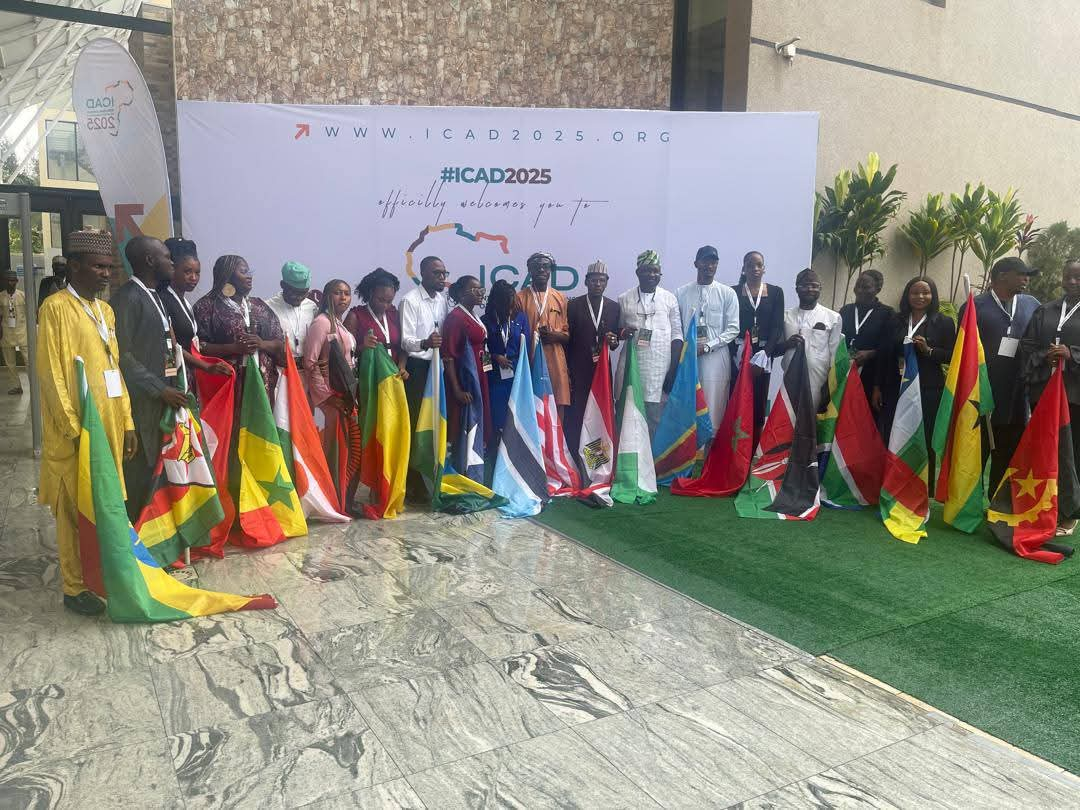
He cited Nigeria’s ‘Not Too Young to Run’ act as a major legislative achievement that has opened up the political space for younger candidates, resulting in increased youth representation in elective offices nationwide.
The Speaker also referenced the Legislative Mentorship Initiative as a homegrown effort to build civic leadership capacity among young Nigerians, saying it exemplifies how countries can nurture democratic participation from within.
Abbas emphasised that governance must reflect the aspirations of all citizens, particularly the youth and women, who face structural barriers to meaningful participation.
According to him, inclusive development will remain out of reach until legal and institutional frameworks are reformed to enable broad-based participation.
He said, “Through the Eight-Point Legislative Agenda of the 10th House, we are institutionalising inclusivity and ensuring that governance is not the preserve of a few but a platform for all.”
The Speaker urged African nations to reduce dependence on foreign aid and externally imposed blueprints by building governance systems anchored in indigenous values and local realities.
Read Also: Akpabio, Abbas set for 147th IPU Assembly in Angola
He also advocated for increased investment in digital civic tools, open parliament platforms, and transparent policymaking to strengthen public trust and reconnect elected officials with citizens.
“Our democracy will only succeed if it is driven by the people — especially our youth — and if our governance structures reflect the hopes and voices of every African,” Abbas stated.
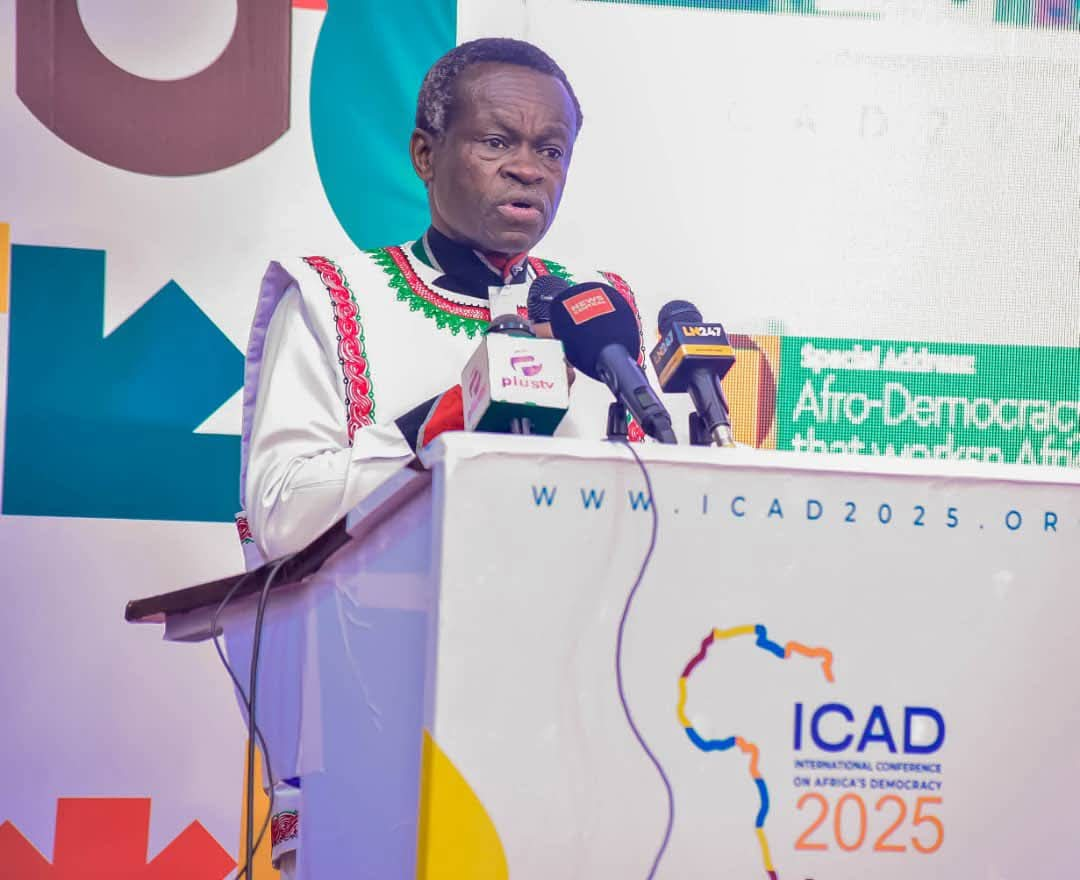
Also speaking at the conference, renowned Pan-African legal scholar and former Director of Kenya’s Anti-Corruption Commission, Professor Patrick Otieno Lumumba, issued a strong warning against the dangers of tribalism in African politics.
He said the continent will remain mired in political instability and economic underdevelopment if ethnic identity continues to be used as a tool for political mobilisation.
“The tribe is innocent; it is the tribalists who are guilty,” Lumumba declared, accusing opportunistic politicians of weaponising ethnicity to divide and distract African societies from addressing core issues such as poverty, insecurity, and poor leadership.
Lumumba, a highly respected public intellectual, acknowledged Africa’s rich cultural diversity but argued that ethnicity must not form the foundation of political competition or governance systems.
He traced the roots of ethnic-based politics in Africa to colonialism, referencing the 1884–1885 Berlin Conference, where European powers partitioned Africa along arbitrary lines that disregarded cultural and historical boundaries.
“They told the Hausa and the Fulani one thing, the Igbo another, and sowed mistrust among us,” he said.
According to him, the legacy of the “divide and rule” strategy continues to haunt post-independence African politics. He urged Africans to reject this colonial inheritance and instead embrace traditional African models of governance that foster inclusivity and accountability.
Lumumba cited the Oromo Gadaa system in Ethiopia and traditional leadership institutions such as the Emir of Kano and the Ooni of Ife as examples of indigenous governance structures that can inform modern democratic practices.
“Something must have been good about our traditional systems,” he remarked. “We must build from within, not import.”
Expressing concern over the quality of leadership across the continent, Lumumba described African politics as increasingly dominated by ‘kakistocracy,’ a term meaning rule by the least qualified.
He argued that elections have not always delivered good leadership in Africa and called on young Africans to take responsibility for the continent’s future.
However, he cautioned that leadership demands more than youth or age it requires wisdom and vision.
“Age does not make one intelligent, only wisdom does,” he said.
Calling for a unified African identity beyond ethnic and colonial divisions, Lumumba concluded: “If tribalism continues to shape our politics, Africa is done. But if we rethink governance, build from our roots and include every voice, Africa will rise.”
In his welcome address, former Kenyan Prime Minister, Raila Odinga, called for a shift in Africa’s democratic journey and urged leaders to ground governance systems in local realities rather than rely solely on imported Western models.
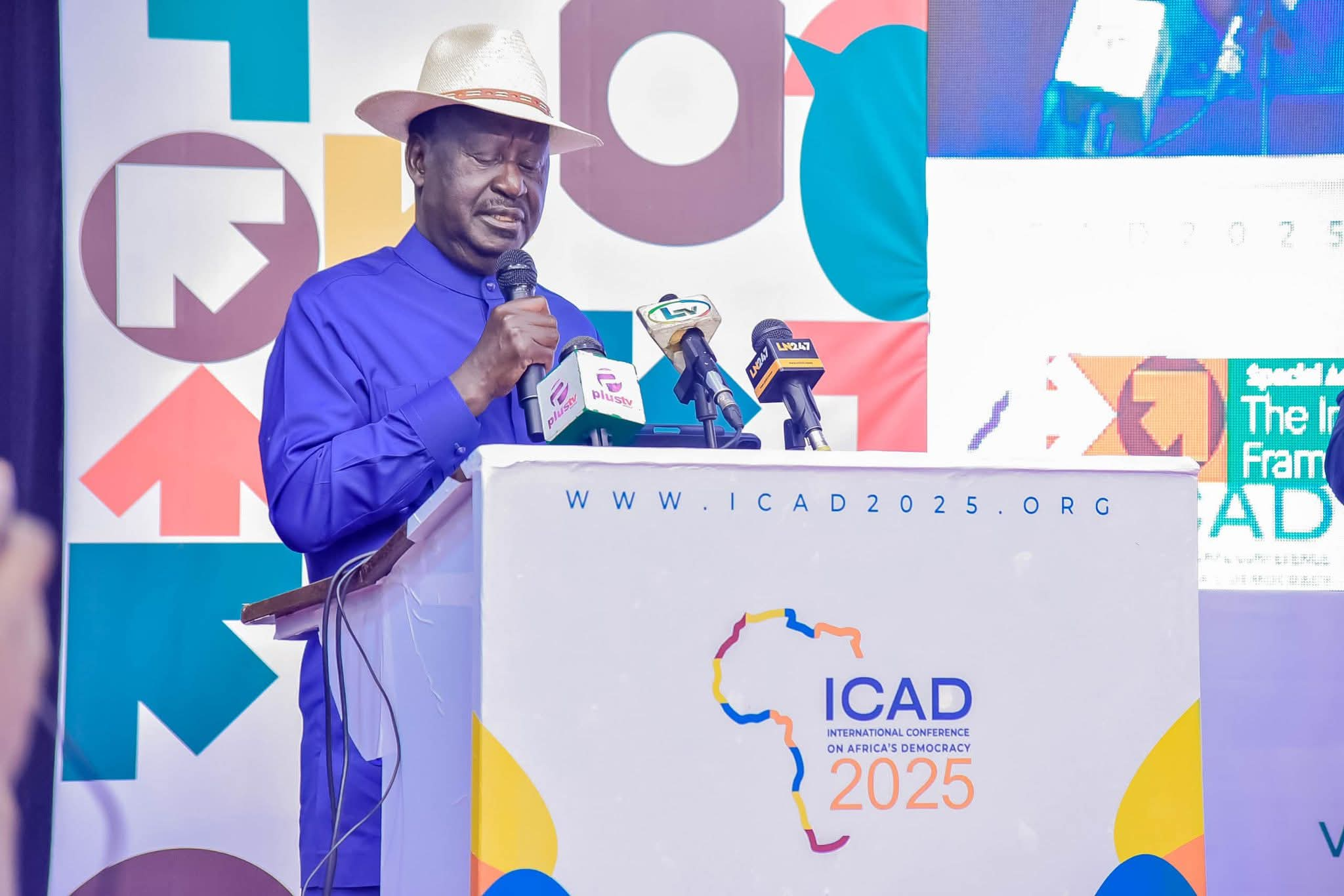
“Democracy in Africa must be universal, yet uniquely African,” Odinga declared. “We cannot keep importing models that disregard our history, culture, and systems of consensus.”
He warned that many regimes on the continent were rolling back hard-won democratic gains.
In the same vein, ICAD 2025 Team Leader, Ambassador Chris Iyama, stressed the need to redefine democracy, stating: “We need to start talking to ourselves, to redefine development on our own terms, rather than accept the kind of development handed down to us by foreign nations.”
He added, “For how long are we going to remain dependent on handouts and aid? Are we going to continue along this trajectory, where year in, year out, our budget is insufficient to fund our development because we rely on international development partners, despite having billions of dollars’ worth of natural resources?”
